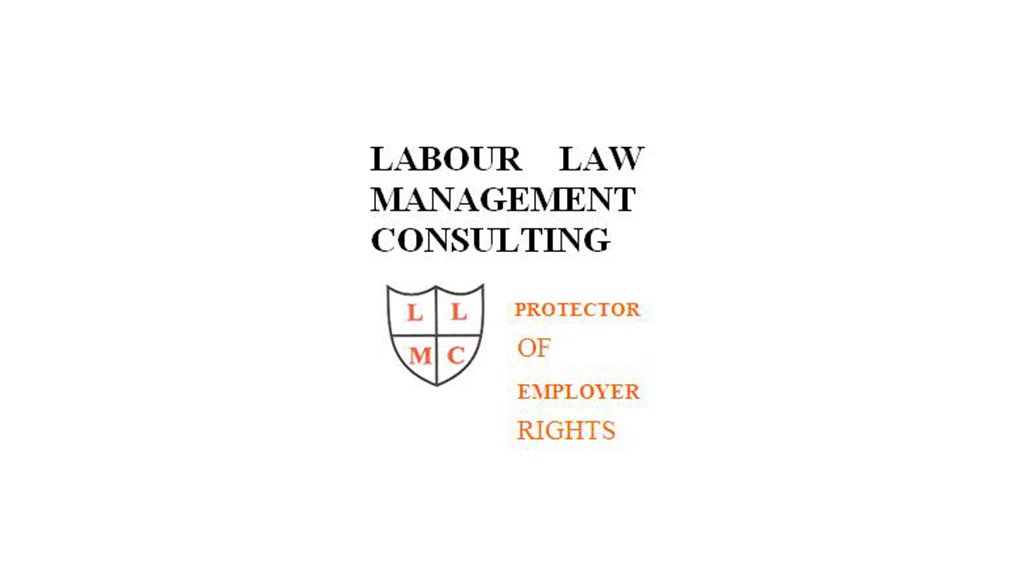Employers must beware of concluding employment contracts that they are unable or unwilling to implement.. This is because, as soon as the applicant becomes an employee, the employer’s extremely onerous obligations in labour law come into effect.
At first glance it seems easy to ascertain the date on which the job applicant becomes an employee. This is because the Labour Relations Act (LRA) appears to answer the question. According to section 213 of the LRA an employee is:
“(a) any person, excluding an independent contractor, who works for another person or for the state and who receives, or is entitled to receive, any remuneration; and
(b) any other person who in any manner assists in carrying out or conducting the business of an employer…”
This definition seems to make it clear that a person only gains the status of ‘employee’ when he she begins working for the employer. That is, the definition strongly implies that the employer’s legal obligations begin on the day that the employee physically begins work. However, this is not necessarily so. That is, there are circumstances where the employer’s labour law obligations come into effect well before the employee begins work. For example, under the Employment Equity Act (EEA) an employer is prohibited from unfairly discriminating against an applicant for employment.
Also, there is a school of thought that a job applicant attains labour law rights as soon as the parties have concluded an employment agreement even if this occurs long before the individual’s first day in service.
Support for this school of thought has emanated from the judgement in the case of Wyeth SA (Pty) Ltd vs Manqele (People Dynamics, September 2003 page 39). Manqele was offered a position by the employer as a sales rep. The parties concluded a written contract of employment in terms of which he was to commence work on 1 April. Prior to Manqele beginning work, he was advised that the employer was no longer prepared to employ him. In terms of the contract of employment, Manqele had been entitled to a company vehicle. The employer believed that Manqele had made a misrepresentation as to the status of the car he had chosen, and on this basis took the view that there was no contract, as the parties had not reached agreement as to the condition of the motor vehicle stipulated in the letter of appointment.
Manqele took the matter to the CCMA where, according to the report, the arbitrator ruled that Manqele had become an employee the moment he accepted Wyeth’s offer of employment. Wyeth took the arbitrator on review at the Labour Court on the grounds that the arbitrator had arrived at an “unjustifiable conclusion in ruling on the definition of an employee”.
That is, Wyeth argued in the Labour Court that Manqele did not become an employee merely because of the employment contract. This argument is supported by an earlier Labour Court finding in the case of Whitehead vs Woolworths (Pty) Ltd (1999 20 ILJ 2133). In that case the Court found, according to the report, that a person who is party to a contract of employment but who has not yet commenced employment is not an employee for the purposes of the LRA.
However, despite the earlier Labour Court finding it is reported that the Court, in the Manqele case, supported the decision of the CCMA arbitrator and found that, as a party to a valid and binding contract of employment, Manqele was an employee for the purposes of the LRA.
The employer took the matter further to the Labour Appeal Court but lost again. The Court upheld the earlier decisions by the CCMA and Labour Court that Manqele had achieved legal employee status the moment his employment contract was signed.
This decision poses a number of concerns for employers.
- Firstly, the fact that two different Labour Court judges made two such diametrically opposed decisions on a matter as fundamental as this one dents out faith in the legal system’s ability to clarify the law.
- Secondly, employers are now clueless as to whether they are or are not entitled to cancel employment contracts prior to commencement of work.
- Thirdly, where the parties have agreed in principle that the employee will get the job it is now not clear whether a disagreement on the terms of the employment does or does not delay the legal validity of the contract of employment.
In the light of this uncertainty employers should:
- Avoid entering into written (or unwritten) employment agreements until all the terms and conditions have been dealt with thoroughly
- Make it clear that the discussion of the terms and conditions of a contract in no way constitutes an offer of employment. For example, should a manager ask the employee whether, if made an offer, a R10 000 per month salary would be acceptable, the employee’s answer of ‘Yes’ would not constitute an agreement. However, should the manager say to the employee ‘we are offering you the job if you will accept R10 000 a month, then the employee’s acceptance will constitute a finalised employment agreement.
- Never employ, contract with or cancel the employment contract of any person without involving a labour law expert experienced in dealing with these tricky issues.
To buy our e-Book, WALKING THE NEW LABOUR LAW TIGHTROPE please go to www.labourlawadvice.co.za
Written by Ivan Israelstam, Chief Executive of Labour Law Management Consulting. He may be contacted on (011) 888-7944 or 0828522973 or on e-mail address: ivan@labourlawadvice.co.za. Go to: www.labourlawadvice.co.za. This article first appeared in The Star.
EMAIL THIS ARTICLE SAVE THIS ARTICLE
To subscribe email subscriptions@creamermedia.co.za or click here
To advertise email advertising@creamermedia.co.za or click here











